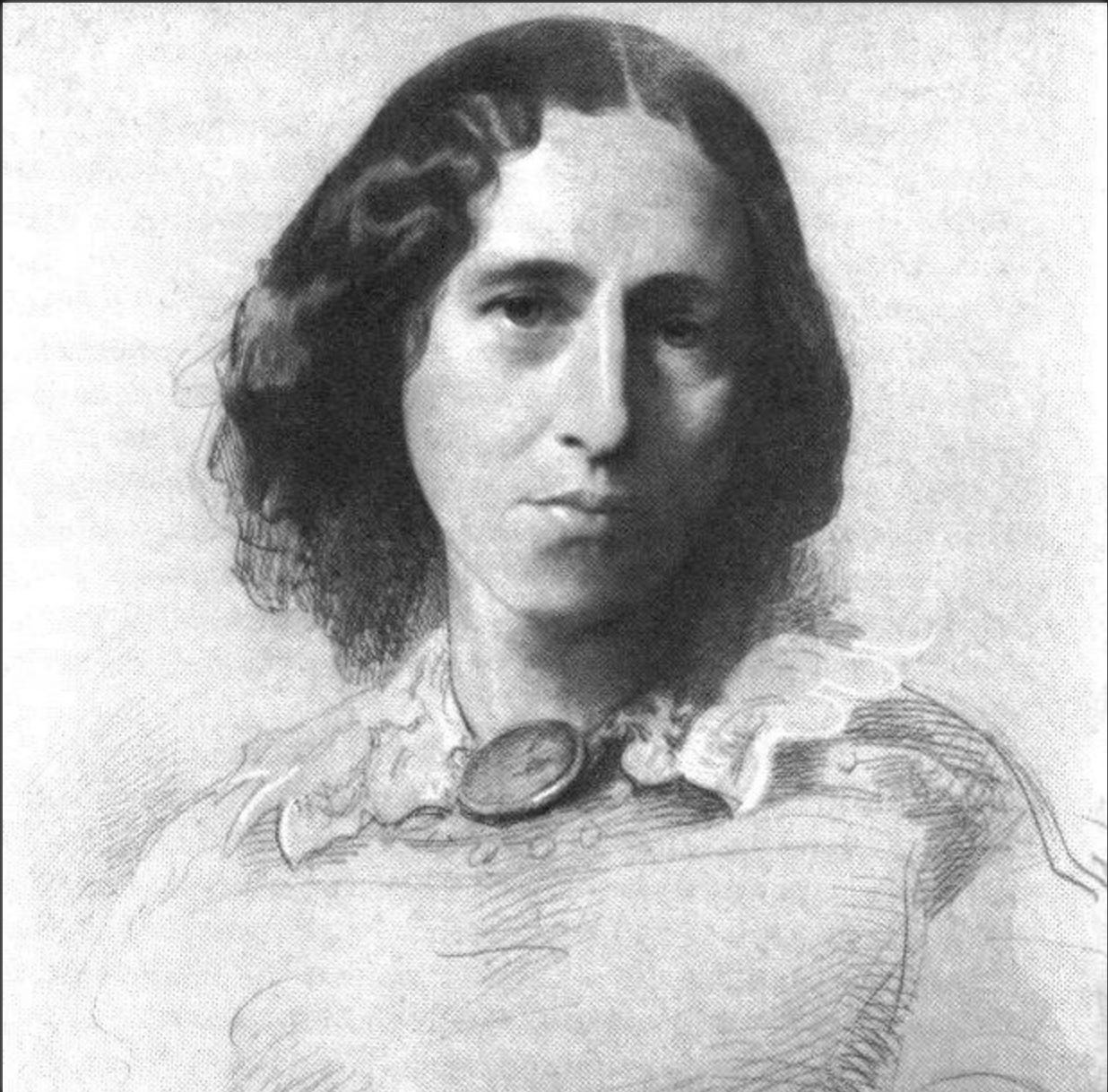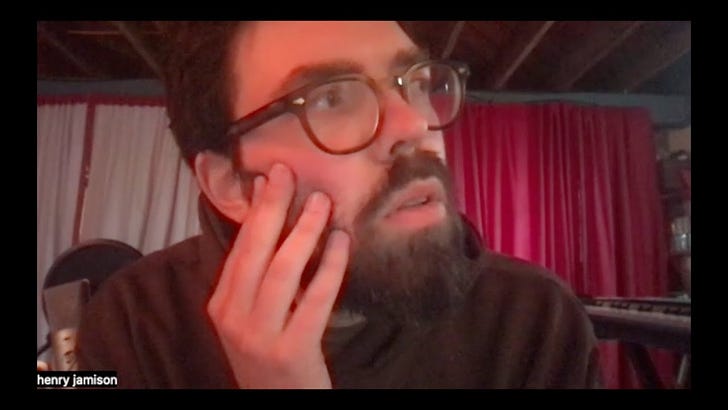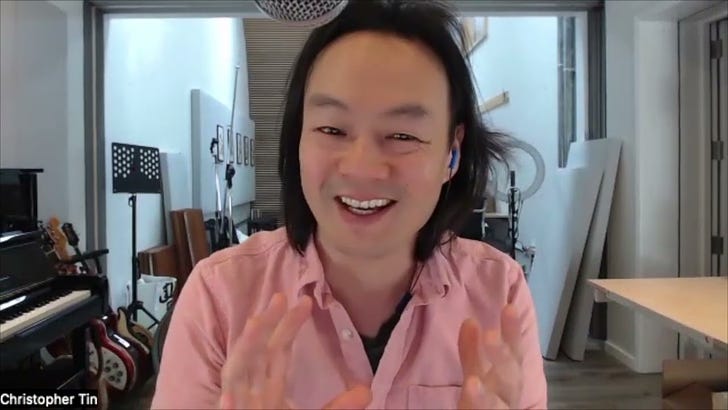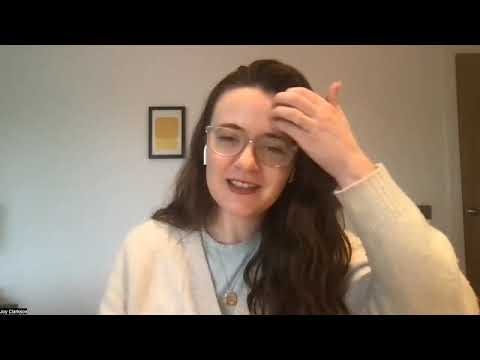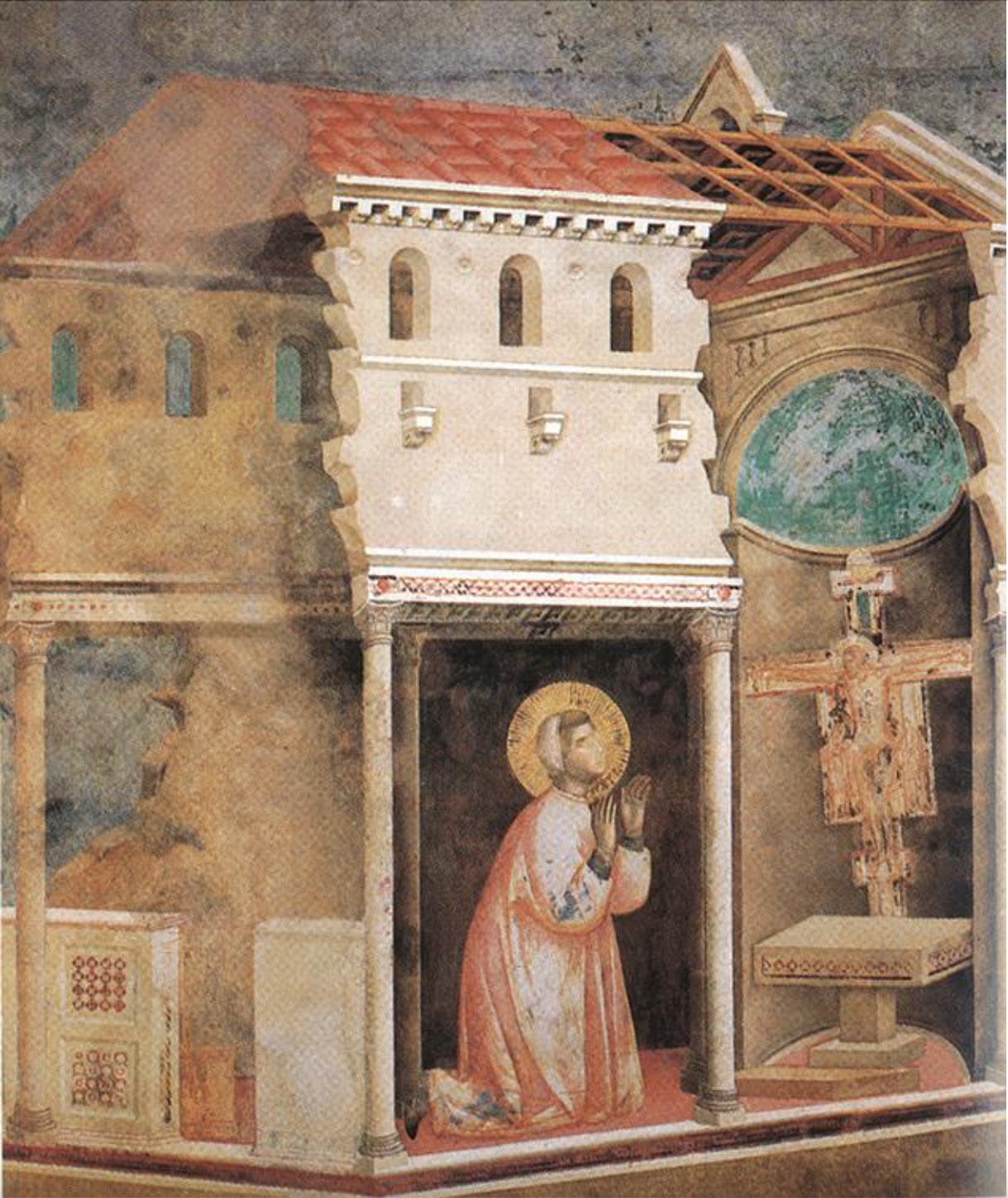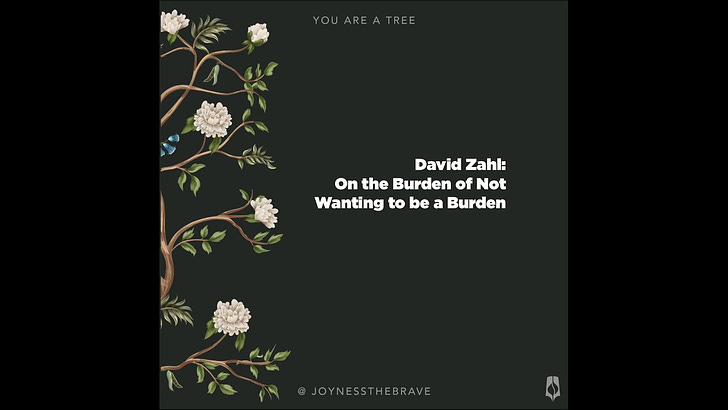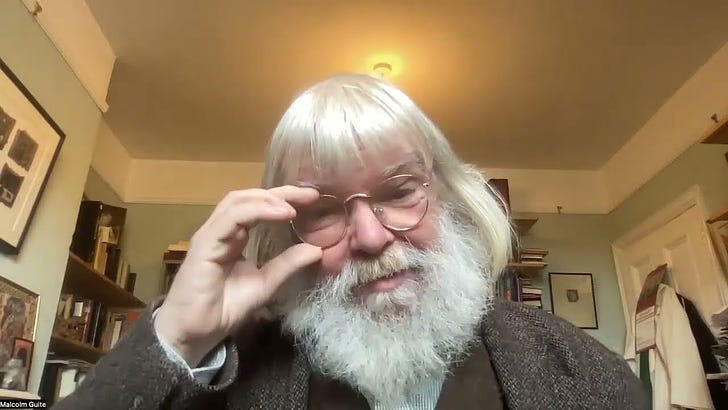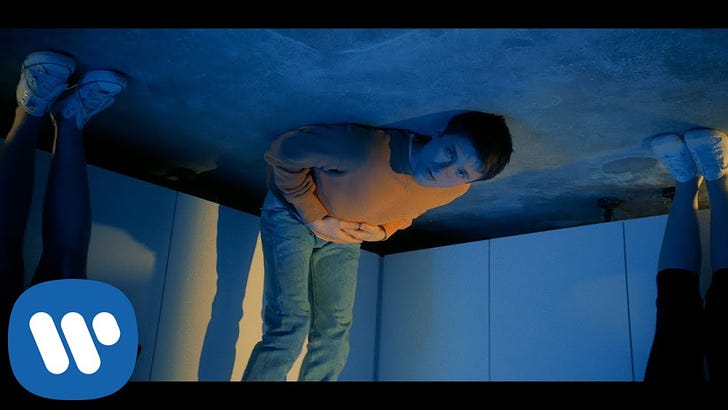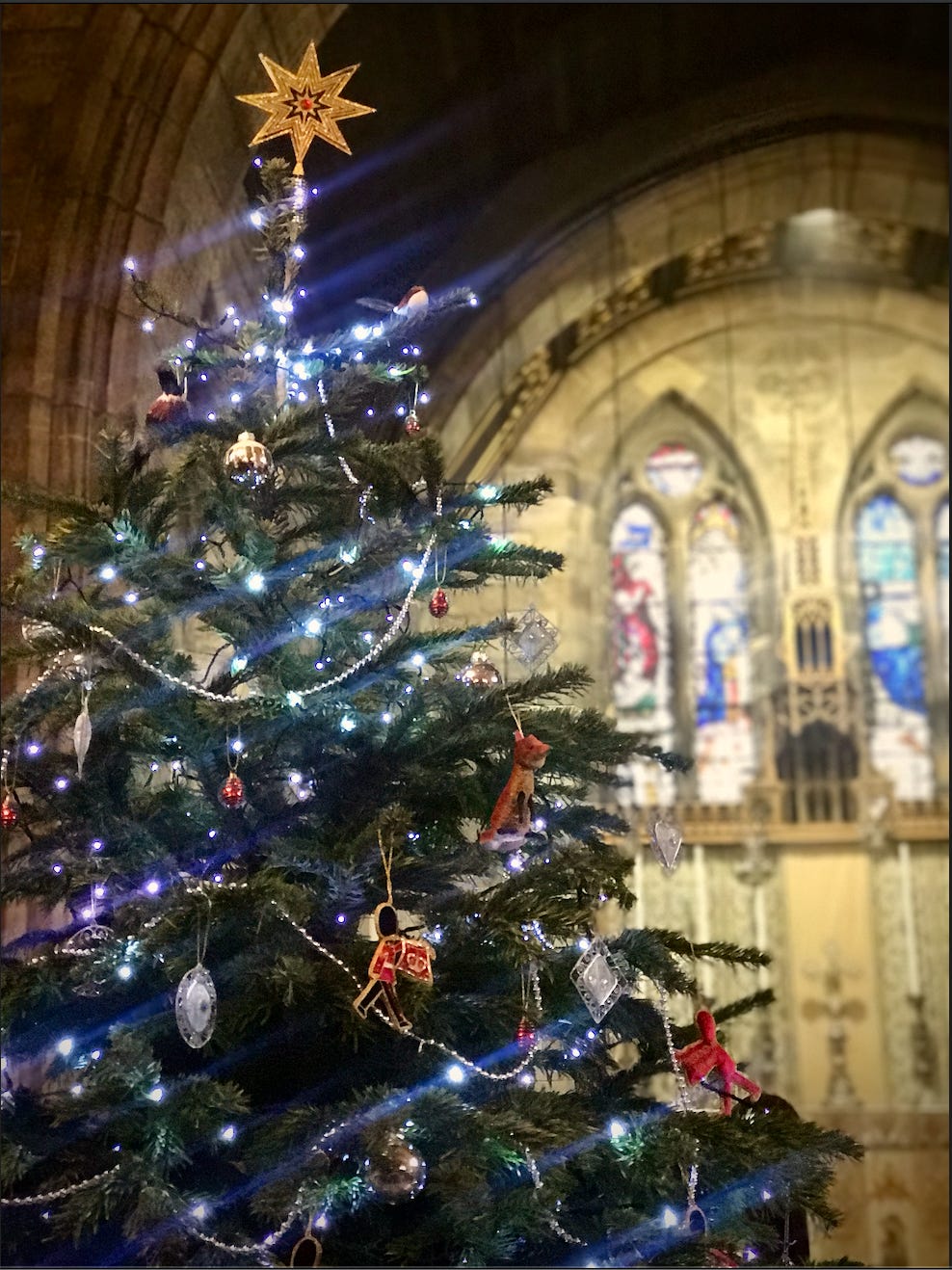The Marriage Question with Clare Carlisle
Description
On the 20th of July, 1854 Marian Evans set sail with George Lewes, a man who was not her husband and who was, indeed, a married man with three children. She understood this trip to be her honeymoon, and after it, with growing confidence, she began to call her self “Mrs. Lewes.” Their relationship scandalised the Victorian social circles in which they moved, resulting in their social isolation for many years. They were considered to be adulterers, radicals supporting an amoral free love philosophy. But to Marian, it was a true marriage, a profound oneness which did not contract but expand the borders of her experience and intellect. A double life, not in the sense of a secret life, hidden life but of an enlargement of life. It would form the fertile ground from which some of the most tender, profound, and philosophical works of English literature would spring. That Marian Evans, or as we know her George Eliot, became “Mrs Lewes” was central to the inspiration for books now much beloved in English literature: Silas Marner, Daniel Deronda, and perhaps her best know Middlemarch.
Though their marriage may have seemed scandalous and impulsive to this around them, for Eliot it was a consciously chosen, morally considered choice, one which she explained in letters to friends in tones alternatively persuasive and pleading. The story was more complicated than it looked on the outside; George Lewes’ wife Agnes was having an ongoing affair with Thornton Hunt, which produced four illegitimate children, but for various legal and financial reasons Lewes could not divorce her. Because of this Eliot considered Lewes free, and lacking the ability to pursue a legal marriage lived in a spiritual one. Their partnership was incredibly fruitful, Lewes coming alongside her as something like an agent and a manager, encouraging her to publish and taking care of the business that entailed. The ambiguity of relationship to the public world Eliot to consider the true nature of marriage— was it a legal arrangement? A religious institution? A spiritual bond? Far from flippancy, she held marriage in high regard. ‘About marriages one can only rejoice with trembling’ wrote Eliot to one of her friends.
A philosopher to be reckoned with (having translated Strauss, Feuerbach, and Spinoza), many of Eliot’s novels explore marriage not merely as a sociological phenomenon or a religious institution but as an object of philosophical inquiry. It is the theme of marriage as a philosophical question which Clare Carlisle picks up in her new book The Marriage Question: George Eliot’s Double Life. She writes:
“There is something dazzling about marriage — that leap into the open-endedness of another human being. It is difficult to look directly at it, difficult to think that thought. A philosopher usually swoops on such things like a magpie: Look! a shifting, shimmering question, all indeterminacy and iridescence. Don’t you just want to snatch it up, take it home, and sit on it for a long time?” (Clare Carlisle, The Marriage Questions).
I was delighted to get to speak with Clare about her book, George Eliot, and the marriage question as it presents itself in our contemporary world. It is an interesting question to consider in a time when marriage rates are near the lowest they have ever been in the western world. In this world, we might ask whether the marriage question is one which needs to be asked, or one which most people are simply avoiding. I loved Clare’s framing of the marriage question as a philosophical one, and one which we will all ask ourselves at one point or another, even if we never get married. Even if we chose not to marry, or (like Eliot in her younger years) feel that marriage will never offer itself to us as a real possibility, our lives are profoundly shaped by the marriages of our parents, our friends. We will all ask ourselves the marriage question at one point or another.
We talked about all this and more in the podcast attached to this email (which you can also find on iTunes, though Spotify is giving me grief these days). I do hope you’ll enjoy the conversation I had with Clare, and that you will pick up a copy of her new book. The book and our conversation gave me much to consider and much to enjoy. I hope both will do the same for you.
Wishing you a lovely week,Joy
Clare Carlisle is Professor of Philosophy at King’s College London, and the author of Spinoza’s Religion, On Habit, and Philosopher of the Heart: The Restless Life of Søren Kierkegaard. Clare is also the editor of Spinoza’s Ethics, translated by George Eliot. She grew up in Manchester, studied philosophy and theology at Trinity College, University of Cambridge, and now lives in London.
p.s. I saw this misidentified George Eliot portrait in a window a few weeks ago, which gave me a chuckle. Apparently all female authors are one in the same…
The shop owner seems to have eventually figured it out…
Get full access to Joy Clarkson at joyclarkson.substack.com/subscribe

